Harms and Freedoms: Captivity, Natural Habitats, and Sanctuary Conference
Harms and Freedoms: Captivity, Natural Habitats, and Sanctuary
A Conference on Advocacy, Scholarship, and Pedagogy
April 3-5, 2025
Washington, DC
The Animal Legal Education Initiative (ALEI) at the George Washington University Law School will be hosting a three-day conference April 3-5, 2025.
The conference will be co-hosted by the Justice for Animals Program at the University of San Francisco School of Law, The Whale Sanctuary Project, and the GW Law chapter of the Student Animal Legal Defense Fund (SALDF).
The conference is free and open to everyone interested in attending. Advance registration is required.
Each day of the conference will have a different focus. Attendees can elect to attend one, two, or all three days of programming. An overview of each day is below. All times listed are Eastern time.
Conference Schedule
Date: Thursday, April 3, 2025
Description: The first day of the conference will take place on World Aquatic Animal Day, celebrated annually to raise awareness of the importance of aquatic animals and their habitats. The programming will focus on legal and advocacy efforts for aquatic animals globally under the broad theme of the conference — Harms and Freedoms: Captivity, Natural Habitats, and Sanctuary. We are excited to host presentations on relevant research, campaigns, reforms and other pursuits relating to these topics.
Recording: All programming on this day will be recorded and made available online after the conference.
Panel 1 - Turning the Tide: Systemic Change for Aquatic Animals
- Location: Online only
- You will receive a Zoom link within 48 hours of the event
- 12 pm - 2 pm ET
- Moderated by Miranda Eisen
- Panel 1 Presenters
- Image
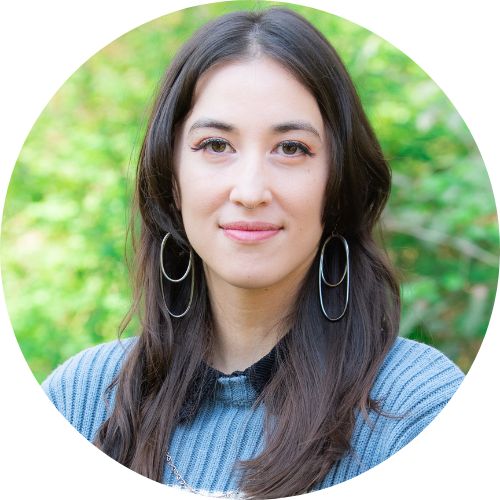
Mei Brunson
Beyond Bleeding: Ending Horseshoe Crab Exploitation in Endotoxin Testing
Mei Brunson is a third-year JD student at Lewis & Clark Law School. She aims to leverage litigation to advance animal, food, and environmental justice. Throughout law school, Mei has interned with Animal Partisan, the Center for Animal Law Studies, Earthjustice, Farm Sanctuary, Food & Water Watch, and the Humane Society of the United States. She serves as submissions editor for the Animal Law Review and co-directs the Lewis & Clark Animal Legal Defense Fund Student Chapter. After graduation, Mei will clerk for the Honorable Judge Kristina Hellman on the Oregon Court of Appeals.
Image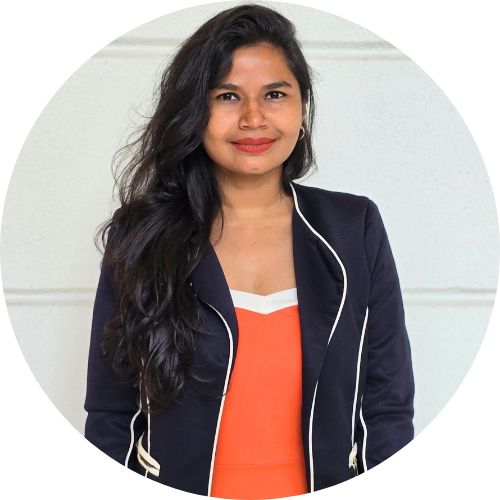
Lipsa Dash
Aquatic Adoption: Exploring Legal Frameworks for Captive Marine Animal Guardianship
Dr. Lipsa Dash has completed her PhD from Utkal University, Bhubaneswar and has pursued her Post Graduation Degree from Rajiv Gandhi School of Intellectual Property Law, IIT Kharagpur. She completed her Bachelor's in BSC LLB (IPR Hons.) from KIIT School of Law, KIIT DU. She has worked at Banana IP as a Patent Associate and interning at many reputed governmental bodies, firms, companies, has given her insidious knowledge of work culture in different sectors. She was one of the candidates to be selected for Google-Sole Luna Scholarship from India. She has authored scholastic papers on Intellectual Property Law, Cyber Law and allied laws which have fostered new ideas in the legal arena and has served as resource person in different national and international forums. She has been a part of the prestigious Cambridge Centre Law Lecturers' Workshop on Animal Rights Law as apart from being a teacher, she is a Zoophilist, naturalist and believes in being a voice for the voiceless.
Image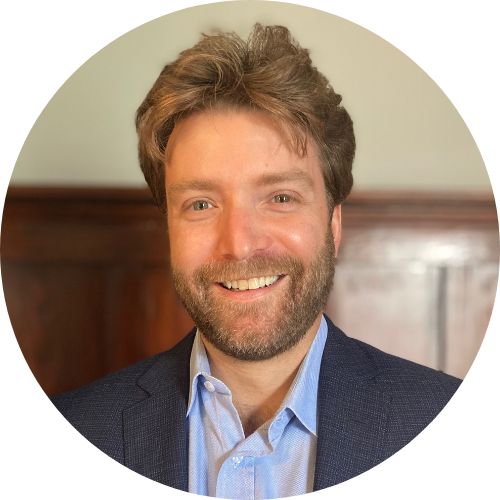
Marty McKendry
The Free Willy Law: Canada's Whale and Dolphin Captivity Ban
Marty McKendry is a lawyer serving as Senior Advisor – Parliamentary Strategy to Senator Pierre Dalphond and Senator Marty Klyne in the Senate of Canada. Marty played a key staff role in passing Canada’s 2019 ban on whale and dolphin captivity, as well as a ban on the trade in shark fins. Marty has also worked on legislation to protect captive elephants, great apes, and big cats, and a proposed ban on the export of horses for slaughter overseas. Marty graduated from the University of Toronto’s law school in 2012 and has a Master’s degree in philosophy from the same school.
Image
Carl Safina
Disconnect With Nature
Carl Safina is an ecologist, author, and founding President of the Safina Center. He is the first Endowed Professor for Nature and Humanity at Stony Brook University. His work centers on animal psychology and the relationship between humans and nature. His book, Alfie & Me: What Owls Know, What Humans Believe, is a moving account of raising, then freeing, an orphaned screech owl, whose lasting friendship with him illuminates humanity’s relationship with the natural world.
Image
Amy P. Wilson
Sea of Change: Emerging Issues in Aquatic Animal Law
Amy P. Wilson is South African licensed attorney and researcher focusing on the intersection of the rights of humans, nonhuman animals and Nature in law and policy and creative approaches to the attainment of an inclusive system of justice. She is the co-founder and Executive Director of Animal Law Reform South Africa, the first dedicated animal law non-profit in the country. She is a Lecturer, Doctoral Candidate and Research Associate with the University of Johannesburg, a Senior Adjunct Lecturer with the University of the Western Cape, South Africa and an Adjunct Instructor at Florida Agricultural & Mechanical University in the USA.
Panel 2 - Blue Frontiers: Legal and Scientific Advances for Aquatic Animals
- Location: In-person and online
- In-Person - GW Law | Faculty Conference Center, Burns Law Library 5th Floor, 716 20th ST NW
- Online - You will receive a Zoom link within 48 hours of the event
- 4 pm - 6 pm ET
- Moderated by Amy P. Wilson
- Panel 2 Presenters
- Image
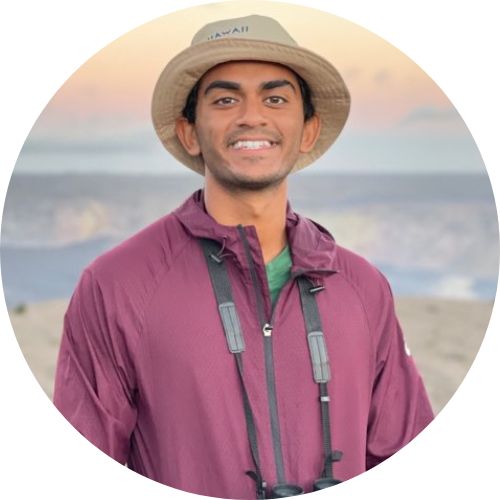
Vinny Byju
Scrutinizing a Fishy Loophole: Enforcing the ESA to Protect Salmon
Vinny Byju is a 3L at Harvard Law School from Sarasota, Florida and loves all things nature. Growing up working on a ranch, Vinny developed a love of horsemanship and has since worked in the equestrian world as a trail guide, horse trainer, and groom for a professional polo team. While living in Hawaii, Vinny also got hooked on bird watching and has become an avid enthusiast. Vinny enjoys spending his time outside, hanging with friends, or being ignored by his cat Luna.
Image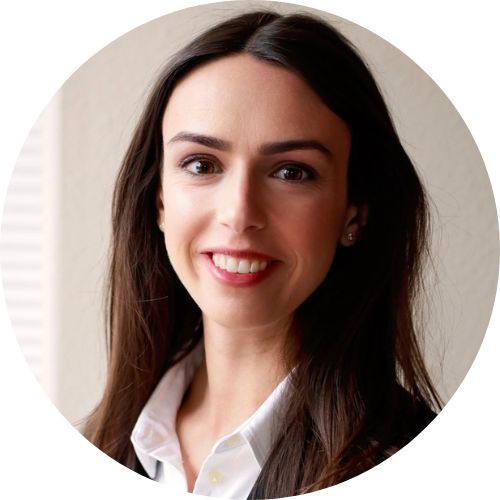
Alex Cerussi
Netting Change: Addressing the Harms of Industrial Aquaculture via State Legislation
Alex Cerussi (she/her) is the senior state policy manager at Mercy For Animals, a nonprofit organization dedicated to building a more just and sustainable food system. Alex oversees the organization’s state, county, and city policy initiatives related to farmed animal protection, the environment, and food-system reform. She currently serves as the resolutions vice-chair of the American Bar Association’s Animal Law Committee and previously served as the committee’s chair. She also serves as board chair for Harmony Farm Sanctuary and served as a 2024 member of the Bend City Council Advisory Environment and Climate Committee. Alex is licensed to practice law in the state of New York and the District of Columbia. She received a BA in political science from Elon University and her JD from the Columbus School of Law at Catholic University.
Image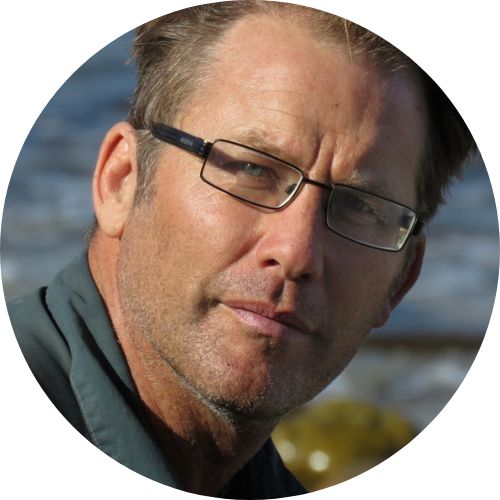
Craig Foster
Finding the Wild in a Tame World
Craig Foster is an Oscar and BAFTA winning filmmaker, naturalist, author and ocean explorer. His films – including the acclaimed My Octopus Teacher – have won more than 150
international awards, and his recently published book, Amphibious Soul: Finding the Wild in a Tame World, has received global accolades. Foster is the co-founder of Sea Change Project, a non-profit organisation dedicated to the long-term conservation and regeneration of the Great African Seaforest. For Foster, biodiversity is the key to healing our natural world. It is the immune system of our planet. He says: ‘No continued loss of ecosystems is acceptable for economic gain.'Image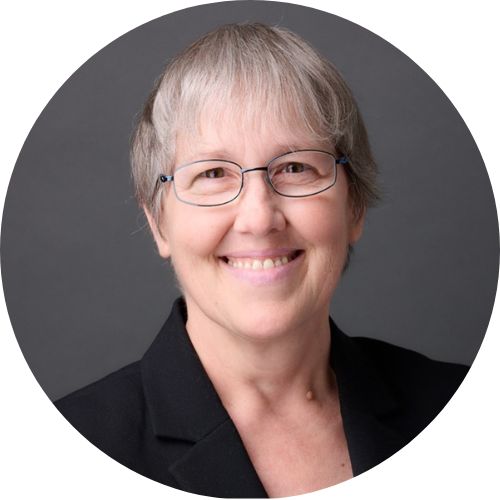
Kathy Hessler
Kathy Hessler is the inaugural Assistant Dean for Animal Legal Education at George Washington University Law School (GWU), and Director of the Animal Legal Education Initiative (ALEI), working with Joan Schaffner and Iselin Gambert, in a program made possible by generous support from ALDF.
Dean Hessler has been a clinical law professor for 30 years and has been teaching animal law for 22 years. She is the first law professor hired to teach animal law full-time. She received her JD from the Marshall-Wythe School of Law at the College of William and Mary and her LLM from Georgetown University Law Center.Image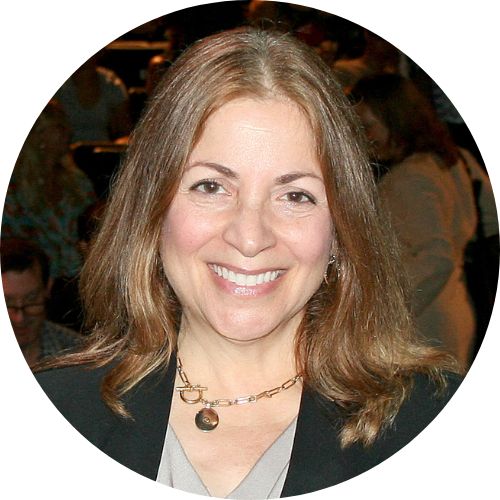
Lori Marino
Science of Captive Animals
Lori Marino is a neuroscientist who has studied animal behavior and intelligence for thirty years. She is an Adjunct Professor in Animal Studies at New York University, Executive Director of The Kimmela Center for Animal Advocacy and President of the Whale Sanctuary Project. Lori is internationally known for her work on the evolution of the brain and intelligence in dolphins and whales (as well as primates and farmed animals). She has published over 150 peer-reviewed scientific papers, book chapters, and magazine articles on comparative brain anatomy and cognition, self-awareness in nonhuman animals, human-nonhuman animal relationships, and the evolution of intelligence. Lori also has interests in bioethics and animal law and policy, and, in particular, in the intersection of science and law.
Image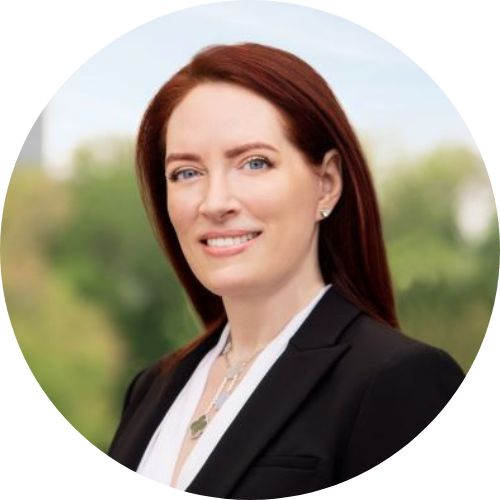
Jamie McLaughlin
Using AI and Robotics to Improve Aquatic Animal Lives
Jamie McLaughlin is an animal law and environmental law attorney. She is the founder and president of Three Pearls Charities Inc., a nonprofit that addresses issues at the intersection of animal welfare, social justice, and the environment. Jamie has worked with the Animal Legal Defense Fund, the Humane Society of the United States, and other nonprofits. She is an associate attorney for the Nonhuman Rights Project. Jamie serves as a Vice Chair for the ABA ILS International Animal Law Committee, and is a Vice Chair of the Missouri Bar Association Animal Law Committee. She received her J.D. with a Certificate in Public Interest Law from DePaul University College of Law, in Chicago, Illinois. Jamie received both an animal law LLM. and an environmental law LLM cum laude from Lewis & Clark Law School in Portland, Oregon.
Image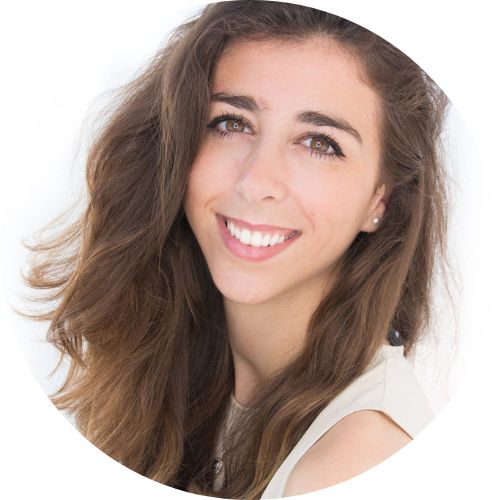
Hana Nabulsi
Crossing Species Barriers: Investigating the Impact of Highly Pathogenic Avian Influenza on Aquatic Life and Ecosystem Health
Hana graduated from DePaul University with a degree in Neuropsychology and a minor in biological studies. After working in the medical research field for a few years she pivoted her career goals to focus on her passion, animal welfare. Hana helped jumpstart a now flourishing rabbit and guinea pig adoption program at a shelter in her home city, Chicago. While it was difficult to leave that meaningful work, law school felt like the next natural progression. She is now a 3L at George Washington University Law School where she serves as a Research Assistant to the Animal Law Program Dean. Hana is also a Co-President for the GW SALDF and a law student vice chair for the ABA Animal Law Committee. Hana hopes to use her law degree to help advocate for factory farmed animals.
Image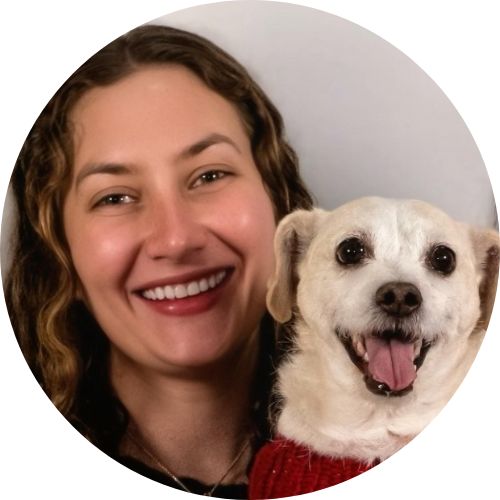
Nora Teter
Introducing Consensual Release for Cetaceans
Nora loves being with animals and thinking her way toward their worlds. She is an M.A student in the Animal Studies Department at NYU, where her thesis centers on the incorporation of a consent paradigm into contemporary forms of animal captivity. She has conducted research on captive animal ethics in settings ranging from zoos and aquaria to sanctuaries and the 4-H youth livestock program. She is also a member of NYU’s WATR lab, where she is at work on a paper on cetacean release. For the last two years, she’s acted as president for NYU’s Animal Rights Collective, where she’s initiated a series of music festivals that honor different “invasive species” and “pests”. She is particularly interested in storytelling and community building as an approach to questions of animal protection.
Image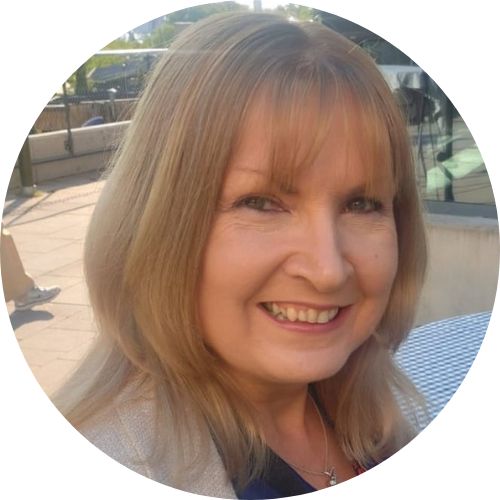
Lynne Sneddon
Safeguarding the Welfare of Whales and Other Cetaceans
Professor Sneddon has worked for over two decades on topics that have advanced fish health and welfare and used her research to drive the agenda for the improved welfare of fishes. Fish welfare was an understudied area prior to 2002 since it was previously believed that they did not possess pain receptors (nociceptors). Sneddon identified nociceptors on the head and face of rainbow trout for the first time published in 2002. This novel discovery that fish experience pain has since fueled Sneddon’s research, and she has dedicated her career to informing the way in which fishes are treated in the laboratory and in other contexts. Sneddon has become the recognized world expert on fish welfare and was invited to develop training resources, participate in workshops, and deliver educational events and talks to veterinarians as well as technical care staff and academics. Sneddon currently leads her team at the University of Gothenburg in Sweden investigating how to improve the way we treat fishes, decapod crustaceans and cuttlefish.



Date: Friday, April 4, 2025
Time: 9 am - 6 pm ET
Location: In-person only - GW Law | Faculty Conference Center, Burns Law Library 5th Floor, 716 20th ST NW
Description: The second day of the conference will have a focus on scholarship, with the goal being to provide space to consider scholarship that addresses the broad theme of the symposium—Harms and Freedoms: Captivity, Natural Habitats, and Sanctuary. There will be presentations on works in progress and ideas in the development stage, and from students as well as junior or seasoned scholars. Each paper will also have a discussant.
Recording: The programming on this day will NOT be recorded.
- Symposium Presenters
- Image
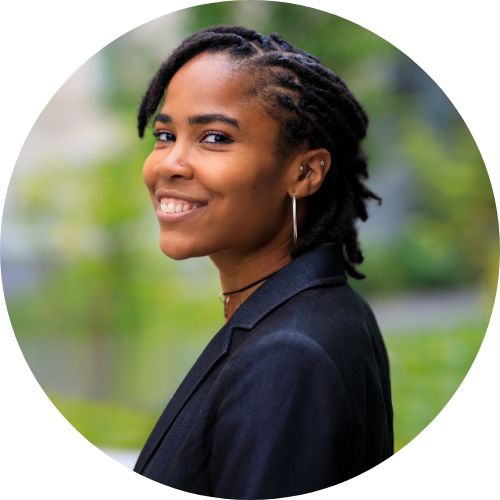
Lla Anderson
Lla Anderson is a 2L at Harvard Law School and a second-year M.Div at Harvard Divinity School. During her 1L year, she was a 1L Section Representative for the Harvard Animal Law Society where she helped plan the inaugural International Food for Thought Festival. Last year, Lla served as the Campus Advocacy Co-Chair for the Harvard Animal Law Society, and this year, Lla serves as its President. Additionally, Lla has served as a Teaching Fellow for the Animal Law course at HLS, and a student attorney for Harvard’s Animal Law Clinic. Lla has interned for several animal rights/animal law-related organizations including Mercy For Animals and Legal Impact for Chickens.
Image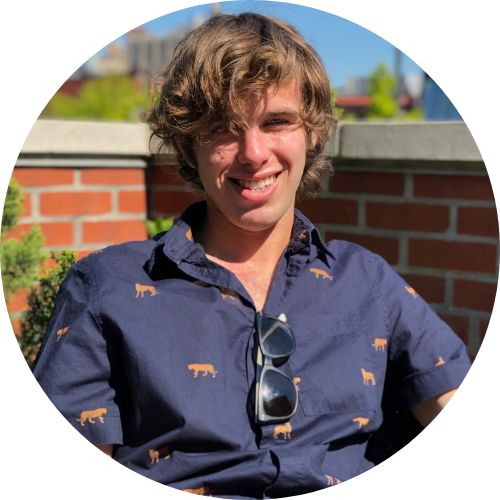
Connor Barnes
Connor Barnes is a 1L at George Washington Law School, previously receiving his BA and MA from NYU in English and performance studies respectively. He is interested in queerness, animals, and technology.
Image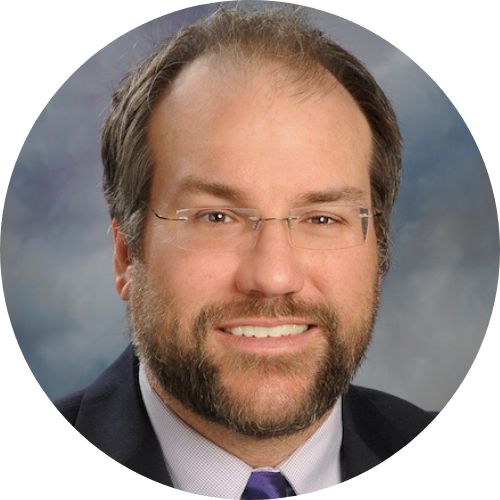
Daniel Dylan
Daniel Dylan is an Associate Professor at the Bora Laskin Faculty of Law, Lakehead University, in Thunder Bay, Ontario. He teaches Animal Law, Contract Law, Evidence Law, Remedies, Intellectual Property Law & Indigenous Knowledge Governance. In the past he has also taught Professional Responsibility, Legal Research and Writing, and undergraduate courses in Aboriginal law and Human Rights law. In 2020 and 2024, he was awarded a Lakehead University Contribution to Teaching Award. He clerked at the Federal Court (of Canada) for two years, completed a judicial clerkship externship at the United States Court of Appeals for the 6th Circuit and is a former lawyer in the Government of Nunavut Department of Justice, where over the course of several years his practice focused on Impact Review Assessments, Wildlife, and Natural Resources law.
Image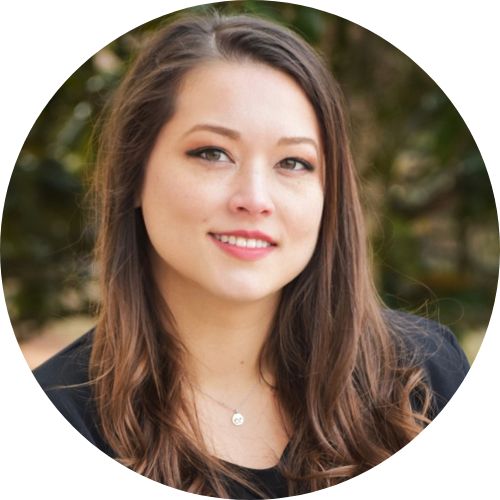
Kimberly Fullerton
Kimberly L. Fullerton is a legal research fellow and adjunct professor with the University of Maryland Francis King Carey Law, where she teaches a course on Animals and the Law. Her research focuses on mitigation of zoonotic diseases through the intersecting topics of animal law, public health, and environmental sustainability.
Fullerton has facilitated the success of groundbreaking legislation, including: a ban on animal testing for cosmetics, a prohibition on wildlife killing contests, criminal penalties for intentional harm to service animals, regulations to prevent illegal wildlife trafficking, and minimum standards for unattended dogs in extreme weather.
Image
Mishael Hibshoosh
Mishael Hibshoosh is a 3L at GW Law and a Managing Editor on the George Washington Law Review. He served as GW SALDF's 2023-24 President and is currently the Secretary of GW SALDF. His primary interests are animal law, patent law, free speech, and separation of powers
Image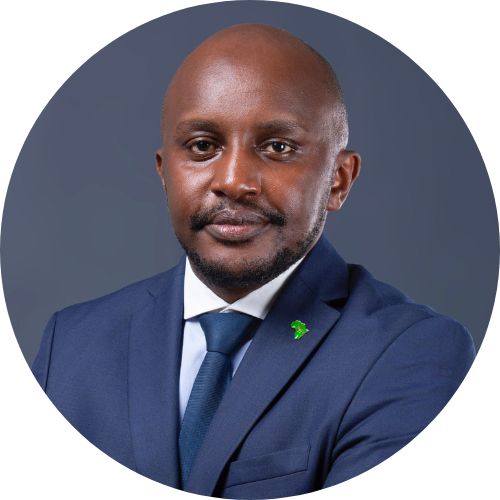
Jim Karani
Jim works in the courts, with policy makers, and stakeholders to strengthen the legal protection of wildlife species and habitats they live in Africa. He is currently pursuing a PhD in Criminal Justice and with research interests in environmental criminology.
Image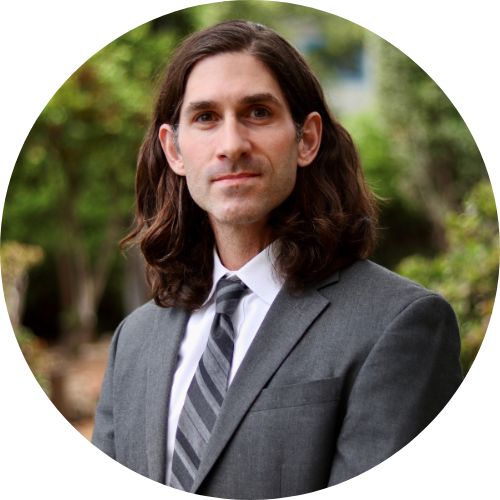
Matthew Liebman
Matthew Liebman is Associate Professor and Chair of the Justice for Animals Program at the University of San Francisco School of Law. His scholarship has appeared in the Minnesota Law Review, the Maryland Law Review, Ecology Law Quarterly, the Animal Law Review, the Journal of Animal Law, and the Stanford Environmental Law Journal. Matthew graduated from Stanford Law School and the University of Texas. He clerked for the Honorable Warren J. Ferguson of the Ninth Circuit. Before coming to USF, Matthew practiced law for 12 years with the Animal Legal Defense Fund, including three years as the organization’s director of litigation.
Image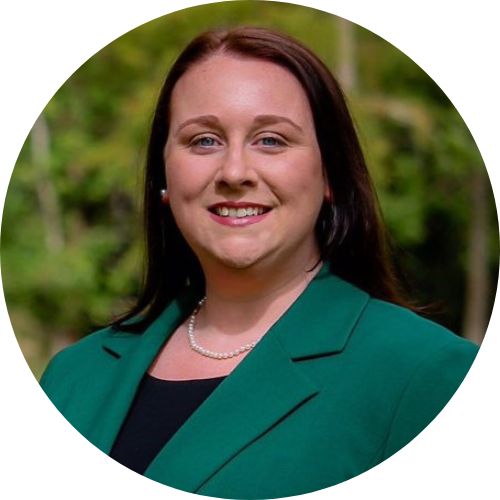
Margaret Stewart
Margaret serves as the Faculty Advisor at the Center for Earth Jurisprudence and the Director of the Environmental and Earth Law Clinic at Barry University School of Law. She is on the Executive Committee of the Global Alliance for the Rights of Nature and Facilitates the Legal Hub. She earned her undergraduate degree in Political Science from Randolph-Macon Woman's College, her Masters in Non-Profit Management from Penn State University, her Juris Doctor from Barry University School of Law, and her LLM from Western New England School of Law.
Image
Christian Suarez
As a Litigation Fellow at ALDF, Christian works on cases that advance the interests of animals and hold government agencies and industry actors accountable for failing to protect them. He is particularly interested in cutting edge cases that work to achieve legal recognition of animal sentience and dignity.
Christian holds a BA in Animal Studies from Brown University. Inspired by his experience as a farm sanctuary intern, he wrote his thesis on the spiritual and countercultural implications of providing sanctuary to rescued farm animals. He obtained his JD from UCLA Law with a specialization in Public Interest Law. His article “Decolonizing Captivity: ‘Repatriation and Reconciliation’ for Corky the Orca” won first place in the NY State Bar Association’s Committee on Animals and the Law Student Writing Competition.
Image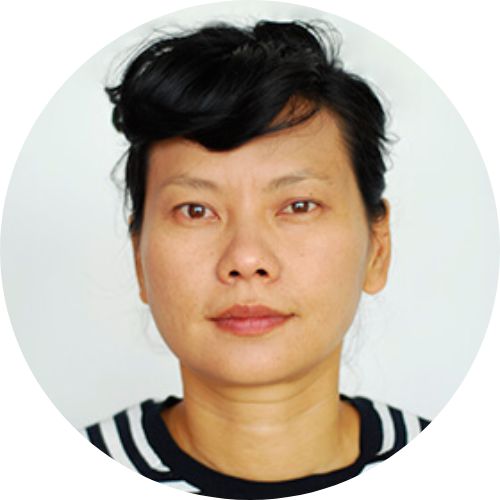
M.H. Tse
M.H. Tse received her doctoral degree from Harvard Law School in 2024 and is currently the inaugural Postdoctoral Fellow in Animal Law at the University of Toronto, Faculty of Law.
Image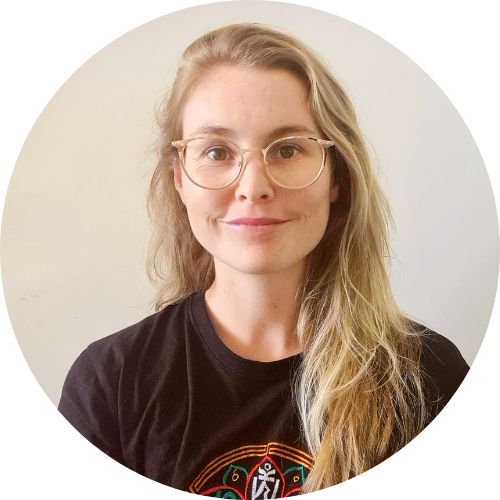
Jessica Tselepy
Jessica's primary professional interest lies in reconceptualising and reforming the treatment of non-human animals in both national legislation and international instruments.
Jessica has received the Animal Law Advocates Advanced Degree Scholarship to complete the LLM in Animal Law at Lewis & Clark Law School (Centre for Animal Law Studies). She has worked on legal research projects for the Global Animal Law Association and the World Federation for Animals. She is a Junior Fellow with the Global Research Network Think Tank and conducted her practical legal training with the RSPCA Queensland Prosecutions Team.
Jessica is currently completing her PhD at Melbourne Law School. Her thesis examines the conceptualisation of non-human animals in international legal instruments and explores how international trade of non-human animals may be legitimately restricted through welfare considerations. She presented her thesis at the PhD Workshop of the Helsinki Animal Law Conference in August 2024 and the AALTRA Symposium in November 2024.
Image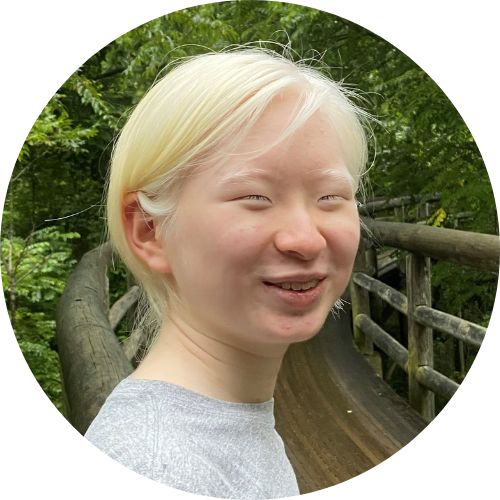
Maggie Wang
Maggie Wang is a JD candidate at Yale Law School, where they are a student fellow in the Law, Environment, and Animals Program. Their animal-related interests include urban ecology, nonhuman legal institutions, and nonhuman animals’ role in human knowledge creation. Beyond animal law, they are also interested in administrative law, health law, and legislation. Maggie is a recipient of the Brooks Institute for Animal Rights Law and Policy’s 2023-24 Emerging Scholar Fellowship and holds a BA in history and economics from the University of Oxford.
Image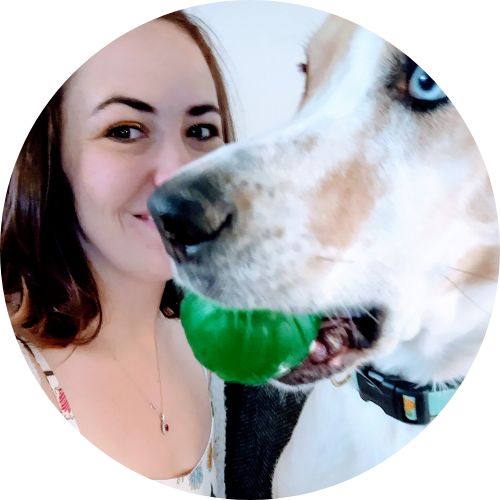
Taylor Waters
Taylor Waters has promoted animal law as an animal litigator, and now serves as the Farmed Animal Advocacy Staff Attorney at the Vermont Law & Graduate School's Animal Law and Policy Institute. Over her career, she litigated against puppy mill brokers using the Ohio Consumer Sales Protection Act and fought tirelessly for companion animals injured due to veterinary malpractice. Taylor completed her LLM in Animal Law from Lewis & Clark Law School’s Center for Animal Law Studies. Taylor earned a BA from Western Washington University in “Law, Diversity, and Justice: Animals” and a JD from Michigan State University College of Law, where she graduated Magna Cum Laude. Taylor served as Editor-in-Chief of the Journal of Animal and Natural Resource Law at Michigan State University. Taylor is also the Program Lead for Animals and Vegan Advocacy International.
Taylor enjoys hiking and backpacking with her husband and two children. She can also be found watching wild turkeys and gardening with her dog, Bettie.
Image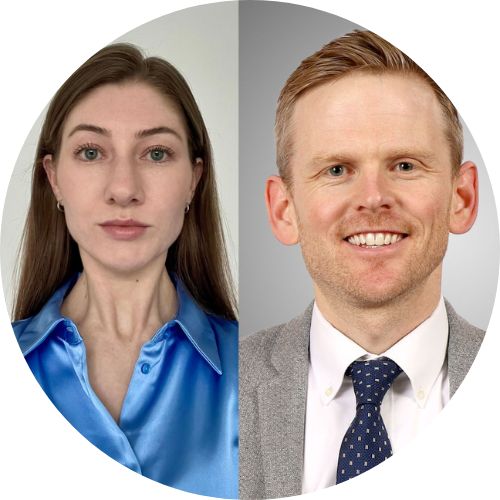
Conley Wouters and Rowan Aragon
Rowan Aragon (left) is currently a third-year law student at Northwestern University Pritzker School of Law and will graduate in May 2025. She holds a bachelor’s degree in Business and Political Economy from New York University Stern School of Business. Her article, “Taking Back Control: Using the Takings Clause To Hold Animal Agriculture Responsible for its Waste Problem” was recently published in the Northwestern University Law Review. Rowan cares deeply about using law and policy to shape a better future for animals. She believes that we can and must use our current legal framework to advance new and novel ways to protect animals.
Conley Wouters is an Assistant Professor of Law at the University of Illinois Chicago School of Law, where he teaches Animal Law, Lawyering Skills, and Contracts. He is also the faculty advisor to UIC’s student chapter of the Animal Legal Defense Fund and a co-founder of the Chicago Animal Law Student Initiative (CALSI). Conley’s current scholarship focuses on litigation strategies targeting animal cruelty at rodeos. His work has been published or is forthcoming in journals such as Perspectives: Teaching Legal Research and Writing, the Northeastern University Law Review, and the Animal Law Review.
Before moving to legal academia, Conley practiced commercial litigation at a large law firm. Today, he maintains a pro bono practice centered on animal protection issues in the context of municipal law, and in 2023, he was a recipient of the Compassionate Counsel Award from the Animal Legal Defense Fund. Conley holds a BA in English from the University of Illinois at Urbana-Champaign, an MA and PhD in English from Brandeis University, and a JD from Cornell Law School.



Date: Saturday, April 5, 2025
Time: 9 am - 3 pm ET
Location: In-person only - GW Law | Faculty Conference Center, Burns Law Library 5th Floor, 716 20th ST NW
Description: The final day will be an interactive workshop for educator participants focused on animal law pedagogy. This will be an opportunity for people who teach courses related to the broad field of animal law and ethics to gather and discuss their pedagogical approaches to things like course and syllabus design, in-class exercises, assessment, and more. This workshop will begin with an exploration of the ways in which our courses implicate the theme of the conference, and will then expand to broader discussions related to animal law pedagogy.
Recording: The programming on this day will NOT be recorded.


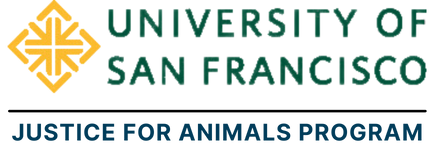

Additional Conference Information and Accommodations
- Meals
The in-person elements of the conference will feature all-vegan catering, including breakfast, lunch, and light refreshments at a Friday evening reception.
- Cost
This conference is free and open to everyone interested in attending. Advance registration is required.
- Travel and Nearby Accommodations
We will not have a specific conference hotel, but there are numerous hotels and AirBnbs throughout the region. GW has negotiated hotel lodging discounts offering reduced pricing at specific properties that are convenient to the GW Foggy Bottom campus where the law school is located.
- Interested in attending as an audience member?
If you are interested in attending Day One or Day Two of this conference as a member of the audience, please register via our Registration Form.
Questions?
Email us at aleisymposium law [dot] gwu [dot] edu (aleisymposium[at]law[dot]gwu[dot]edu).
law [dot] gwu [dot] edu (aleisymposium[at]law[dot]gwu[dot]edu).


